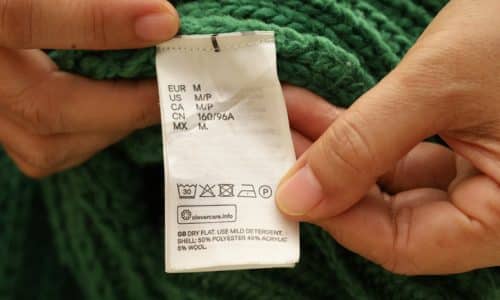Can you say “Sally sells seashells. She regularly recites romance writers. Then she thinks thoroughly about the theater” ten times fast?
Tongue-twisters are tricky because they ask our brains and muscles to perform a lot of precise linguist skills quickly, and the consonant sounds in tongue-twisters are some of the more difficult sounds to form.
At Imagine Pediatric Therapy, we know that kids can develop the ability to manage these brain and muscle operations anytime within a very wide range of ages, about 3 to 8 years old. This wide range occurs both because of the nature of language and the physical development of children. Children acquire language by hearing sounds, then repeating sounds, and then associating sounds with external objects and contexts. They also need the muscular ability to control their breathing, facial muscles, lips, jaws, and tongue. All of that requires a lot of practice – just like we might practice a tongue twister a few times before speeding up.
Delayed speech development can indicate other possible and remediable developmental delays.
What causes speech delays?
The first test for a child suspected of a speech delay is a hearing test. The inability to hear themselves prevents children from developing both the cognitive operations for processing and producing speech and the musculature necessary to form a variety of words. Speech delays can also be caused by either under-developed speech muscles or a cognitive delay in how the brain coordinates the various sounds of speech. Sounds like r, s, and th require a bit more cognitive load and muscular dexterity, and so take longer to develop. Often, no clear identifiable cause of a speech delay can be found.
Who is most at risk of a speech delay?
About 2.5% of children experience a speech delay. Speech delays are more common in children with pre or perinatal medical issues, ear, nose and throat challenges, and sucking habits.
What are signs of a speech delay?
If parents notice any of these signs in their child, an evaluation is needed as soon as possible.
- doesn’t startle at loud noises at any age
- doesn’t babble by 9 months
- doesn’t use words by 24 months
- has a weak voice at any age
- drools excessively, even when not teething
- has difficulty using their lips when eating, drops food from the mouth
- is a mouth breather, or keeps the mouth open and/or the tongue out
- has difficulty making a “kiss face”, blowing “raspberries” or blowing bubbles
- cannot touch their tongue to upper lip or lick lips
- cannot bite the lower lip
Can speech therapy help everyone with a speech delay?
Research indicates that whether a speech delay stems from a muscular or cognitive issue, speech therapy can effectively help children develop both the muscular dexterity to form words and the cognitive processing to more accurately and effectively form words.
How fast does speech therapy work?
Speech development depends on repetition. Studies show that children can significantly improve speech development with as little as 6 hours of speech therapy over a 6-month period, with continued attention to practicing and processing speech at home.
Your child’s therapist will teach you and your child games and activities that help them practice forming sounds and words. Whatever you can do to get your child making sounds, then repeating sounds, will prepare them to assemble the basic building blocks of language. Help them learn new sounds. Help them put sounds together to form words. Help them learn to associate words with their world. The more opportunities you provide to your child to use their speech muscles and their brain’s speech-processing regions the better they will strengthen and advance their speech development.
Do you have questions about your child’s speech development? Click here to contact Imagine Pediatric Therapy. We are always happy to help!



